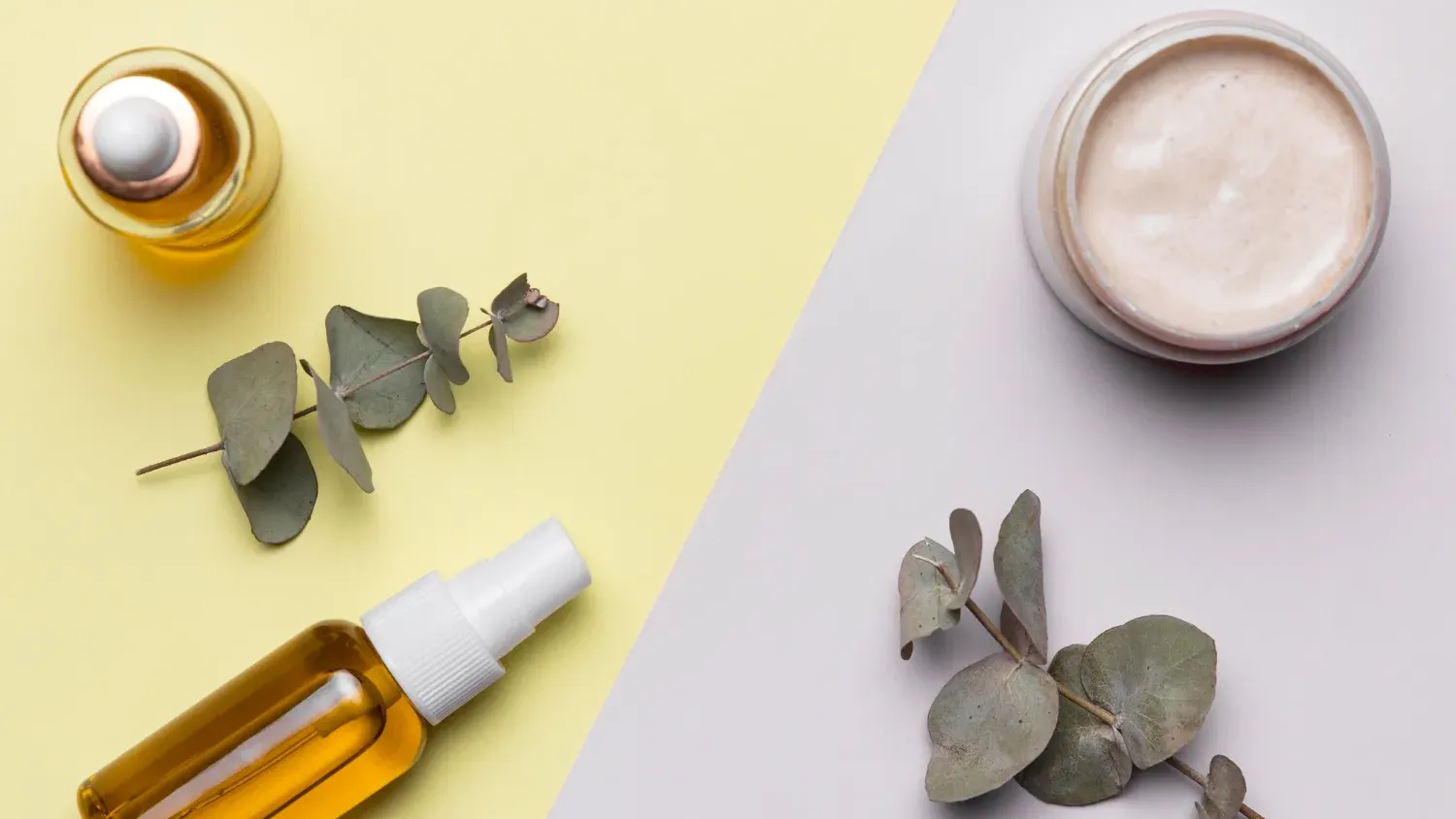Retinol Serum vs Cream: Which is Better for Your Skin?

EXTRA 5% OFF ON PREPAID

Retinol has become a popular ingredient in skincare routines, thanks to its ability to improve the appearance of fine lines, wrinkles, and other signs of aging. But with so many options available, it can be overwhelming to choose between a retinol serum and a retinol cream. In this blog post, we will explore the differences between these two formulations and help you decide which one is better for your skin.
Retinol serums and creams are both effective at delivering the benefits of retinol to your skin, but they have some key differences in terms of formulation and usage.
Retinol serums and creams contain the same active ingredient, which is retinol. However, the concentrations of retinol may vary between different products. Serums usually have a higher concentration of retinol, making them more potent and suitable for those with more advanced signs of aging. Creams, on the other hand, may have a lower concentration of retinol, making them gentler and better suited for beginners or those with sensitive skin.
Your skin type can also play a role in determining whether a retinol serum or cream is better for you. If you have oily or acne-prone skin, a lightweight serum may be a better option as it absorbs quickly and doesn't feel heavy or greasy on the skin. On the other hand, if you have dry or mature skin, a rich cream can provide the necessary hydration and nourishment.
The application methods for retinol serums and creams are also slightly different. Serums are usually applied before moisturizers and can be used both morning and night. Creams, on the other hand, are typically used as a part of your evening skincare routine, as they tend to be thicker and may take longer to absorb into the skin.
While retinol is generally safe to use, it can cause some side effects such as redness, dryness, and peeling, especially when you first start using it. These side effects are more common with higher concentrations of retinol, so if you have sensitive skin, you may want to start with a lower concentration or use a cream instead of a serum.
Using a retinol serum and cream together can provide even more benefits for your skin, as they work in different ways. However, it's important to start slow and gradually introduce both products into your routine to avoid any potential irritation or sensitivity. You can start by using the serum one night and the cream the next night, and then gradually increase the frequency as your skin adjusts.
Ultimately, the choice between a retinol serum and cream depends on your individual preferences, skin type, and concerns. If you're looking for a more potent and lightweight option, a retinol serum may be the best choice. On the other hand, if you prefer a richer and more nourishing formula, a retinol cream may be more suitable.
Retinol serums and creams both have their own benefits and can be effective in improving the appearance of aging skin. The key is to choose the formulation that works best for your skin type and concerns. Whether you decide to go for a serum or a cream, incorporating retinol into your skincare routine can help you achieve a smoother, more youthful complexion.